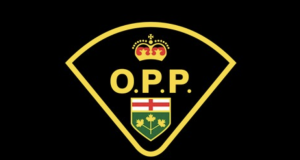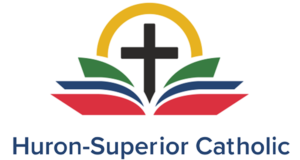After months of discussions the Chief and Council of Batchewana First Nation has reached a decision not to endorse the proposed Ferrochrome development.
The decision did not come lightly and was reached in accordance with Anishnabek law, inherent jurisdiction, culture and traditions. The Council feels as the caretakers of the land and waterways that they must prohibit the construction of a ferrochrome smelter plant to be built within the BFN territory. Furthermore, the Council feels that as caretakers of the lands and waterways there are environmental concerns that are not clear-cut and defined and the First Nation leadership must have safeguards for any impacts to the lands and people in the area.
The Chief and Council of Batchewana First Nation adhere to a number of policies that helped formulate their decision. Policies such as the Chiefs of Ontario Water Declaration, the United Nations Declaration on the Rights of Indigenous Peoples (UNDRIP), and BFN’s own, Notice of Assertions.
The Water Declaration developed in 2008 states the following:
“First Nations in Ontario through the teachings of women have the responsibility to care for the land and the waters by our Creator and; First Nations in Ontario know that we need to respect, honour, and share the spirit of the waters in the ceremonies given to us by the Creator and;
First Nations in Ontario have a direct relationship with all water – fresh and salt that must be taken care of to ensure that water provides for humans on a daily basis and; First Nations in Ontario have the laws and the protocols to ensure clean waters for all living things and;
First Nations in Ontario have ceremonies from birth to death that related to the care of the waters.”
Article 26 of the UNDRIP which is consistent with the custom of BFN states that:
“1. Indigenous peoples have the right to the lands, territories and resources which they have traditionally owned, occupied or otherwise used or acquired.
2. Indigenous peoples have the right to own, use, develop and control the land, territories and resources that they posses by reason of traditional ownership of other traditional occupation or use, as well as those which they have otherwise acquired.
3. States shall give legal recognition and protection to these lands, territories and resources. Such recognition shall be conducted with due respect to the customs, traditions and land tenure systems of the indigenous peoples concerned.”
Batchewana’s Notice of Assertions states:
“BFN by its Chief and Council, gives formal notice to other governments, to resource users and developers, to its neighbors and to the general public of the rights and interests it asserts and will continue to assert in its original, traditional and historic territory… BFN maintains and asserts its rights to resources, resource-sharing and resource management within its traditional territory. In addition to substantive rights to manage and conserve, BFN asserts its right to be engaged about development, exploitation or proposals that will impact these resources, the environment or the rights and interests of BFN. The object of these consultations would be the free, prior and informed consent of BFN.”
Batchewana First Nation Chief and Council will continue to monitor the project to ensure the protection of the lands and waters.
- Tenaris Commits an additional $78,500 to Support HSCDSB STEAM Lab Programming - February 21, 2026
- Safety Reminder: Keep Children Off Snowbanks Near Power Lines - February 21, 2026
- Une élève de Wawa exerce son leadership au Sénat des élèves du CSC Nouvelon - February 20, 2026
 Wawa-news.com Local and Regional News
Wawa-news.com Local and Regional News

